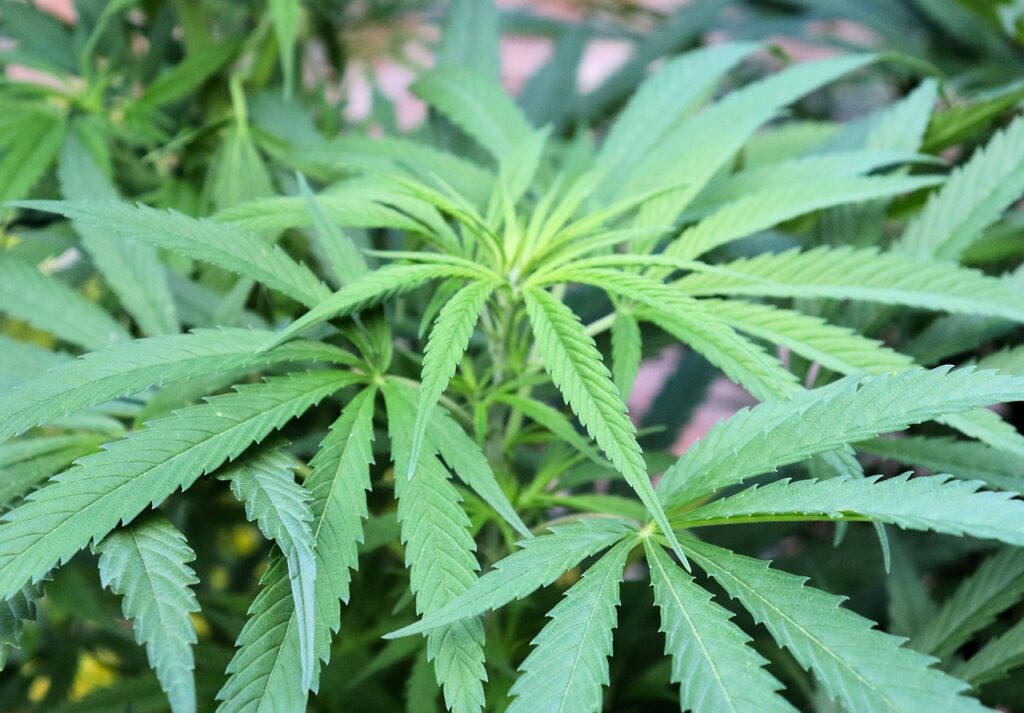In recent years, the cannabis industry has seen a surge in interest surrounding various cannabinoids and their potential benefits. Among these, THCA (tetrahydrocannabinolic acid) has emerged as a promising compound, offering a THC-free alternative for those seeking the therapeutic benefits of cannabis without the psychoactive effects. This article explores the potential of THCa flower benefits for sleep , its benefits, and its growing popularity.
Understanding THCA
THCA is a non-psychoactive cannabinoid found in raw and live cannabis plants. Unlike THC, which is known for its mind-altering effects, THCA does not produce a high. This is because THCA is the precursor to THC. When cannabis is heated through smoking, vaping, or cooking, THCA undergoes decarboxylation, converting into THC. In its raw form, THCA remains non-psychoactive, making it an attractive option for those who wish to avoid the high associated with THC.
Potential Health Benefits of THCA
Research into THCA is still in its early stages, but preliminary studies and anecdotal evidence suggest several potential health benefits:
- Anti-inflammatory properties: THCA may help reduce inflammation, making it a potential option for those suffering from conditions like arthritis and lupus.
- Neuroprotective effects: Some studies indicate that THCA may protect brain cells, which could be beneficial for neurodegenerative diseases such as Alzheimer’s and Parkinson’s.
- Anti-emetic properties: THCA has shown promise in reducing nausea and vomiting, which could be helpful for patients undergoing chemotherapy.
- Appetite stimulation: Like THC, THCA may help stimulate appetite, offering potential benefits for individuals with eating disorders or those undergoing treatments that suppress appetite.
THCA Flower: A Growing Trend
As awareness of THCA’s potential benefits grows, so does the interest in THCA flower. This raw form of cannabis is harvested and consumed without heating, preserving the THCA content. Consumers can juice the raw flower, add it to smoothies, or use it in salads to incorporate THCA into their diets.
Case Studies and Consumer Experiences
Several case studies and consumer testimonials highlight the potential of THCA flower:
- A patient with chronic pain reported significant relief after incorporating THCA flower into their regimen, allowing them to reduce their reliance on prescription painkillers.
- Individuals with autoimmune disorders have shared experiences of reduced inflammation and improved quality of life after using THCA flower.
- Some cancer patients have found that THCA helps manage nausea and appetite loss during chemotherapy, improving their overall treatment experience.
Legal Status and Market Potential
The legal status of THCA varies by region, but it is generally more accessible than THC due to its non-psychoactive nature. This accessibility opens up opportunities for the cannabis industry to develop and market THCA products to a broader audience.
Market Growth and Consumer Demand
The demand for THCA products is on the rise, driven by consumers seeking natural alternatives for health and wellness. The cannabis industry is responding with a variety of THCA-rich products, including tinctures, capsules, and topicals. As research continues to uncover the benefits of THCA, the market is expected to expand further.
Challenges and Considerations
Despite its potential, there are challenges associated with THCA flower. The lack of extensive research means that much of the evidence supporting its benefits is anecdotal. Additionally, the raw nature of THCA flower requires careful handling and storage to preserve its potency.
Future Research and Development
Ongoing research is essential to fully understand the potential of THCA. Scientists are exploring its effects on various health conditions, aiming to provide more concrete evidence of its benefits. As research progresses, it is likely that new applications and products will emerge, further solidifying THCA’s place in the cannabis industry.
Conclusion
THCA flower represents a promising alternative for those seeking the therapeutic benefits of cannabis without the psychoactive effects of THC. With its potential anti-inflammatory, neuroprotective, and anti-emetic properties, THCA offers a range of health benefits that are attracting interest from consumers and researchers alike. As the market for THCA products continues to grow, further research and development will be key to unlocking its full potential and ensuring its place in the future of cannabis-based therapies.


